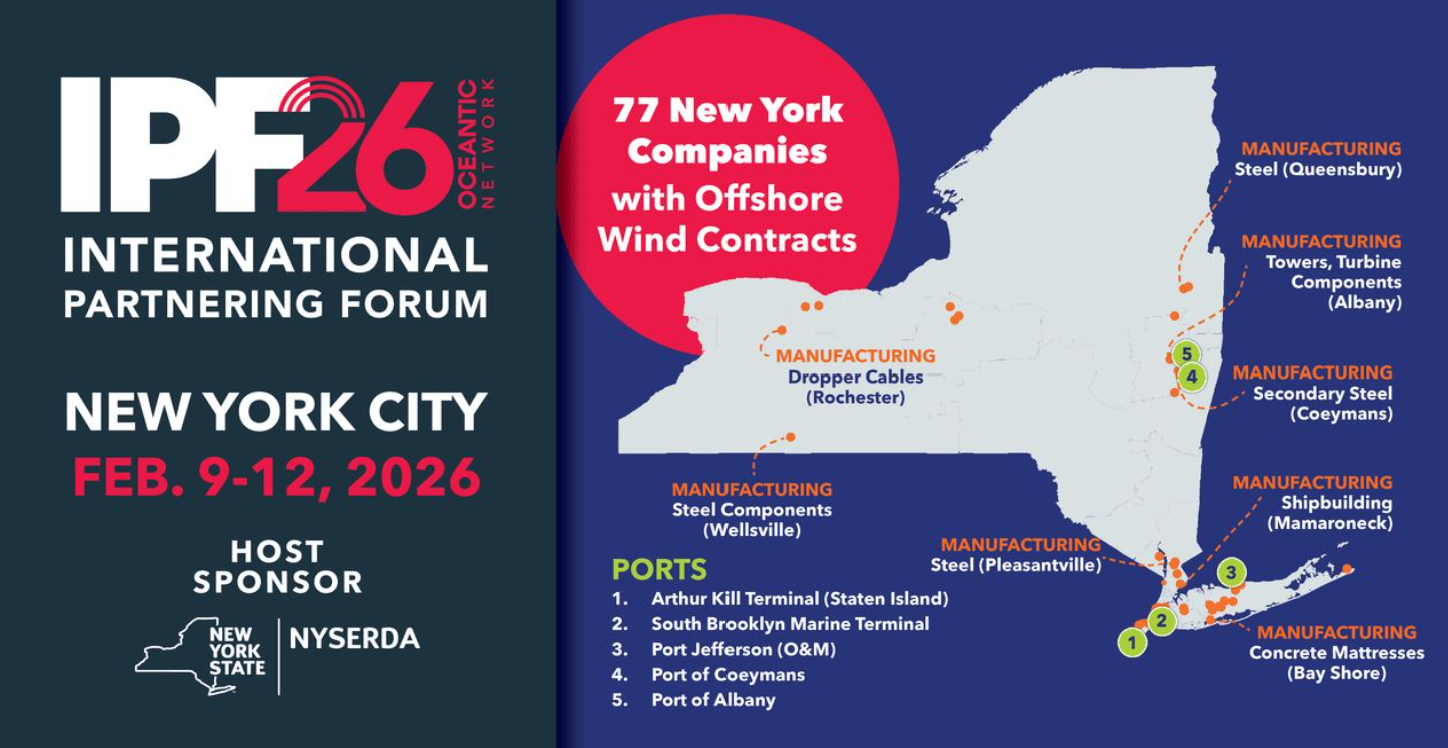As the manufacturing, construction, and clean energy sectors in the United States continue to expand, efficient transportation solutions are becoming increasingly crucial. One of the most pressing logistical challenges in these industries is last-mile transportation—the critical final segment of the journey from transportation hubs to work sites. This challenge is particularly significant in remote or sprawling areas where traditional transportation methods can be inefficient, costly, or impractical. The micro-mobility industry, with its innovative solutions such as e-scooters, e-bikes, and compact electric vehicles, is stepping up to address these challenges effectively. Additionally, these solutions present an ideal entry point for small businesses into the burgeoning U.S. offshore wind supply chain.

The Last-Mile Transpiration Challenge
Last-mile transportation refers to the final phase of the journey that workers must make from major transit hubs to their work sites. This phase is critical as it affects operational efficiency, project timelines, and worker safety. Traditional methods like shuttle buses or vans can be expensive and inflexible, while walking long distances can be time-consuming and exhausting for workers. Micro-mobility solutions provide a flexible, cost-effective, and environmentally friendly alternative, capable of navigating the specific challenges of last-mile transportation in various sectors.
The Role of Micro-Mobility In Different Sectors
Micro-mobility solutions are designed to cover short distances efficiently, making them ideal for addressing last-mile transportation issues across manufacturing, construction, and clean energy industries.
- E-Scooters and E-Bikes: These lightweight and maneuverable vehicles enable workers to travel quickly and efficiently between transit hubs and work sites.
- Compact Electric Vehicles (EVs): These can transport multiple passengers and equipment, providing a reliable mode of transport for longer distances within large project areas.
- Autonomous Drones and Delivery Robots: These emerging technologies promise to deliver supplies and transport personnel to difficult-to-reach areas without direct human intervention.
Three notable U.S. development projects are leveraging micro-mobility solutions to overcome last-mile transportation challenges and ensure workforce accessibility.
1-Tesla Gigafactory
Located in Sparks, Nevada, the Tesla Gigafactory is one of the largest manufacturing facilities in the world, producing batteries and electric vehicles. The sprawling site and its remote location posed significant last-mile transportation challenges for the workforce.
To address these issues, Tesla integrated a fleet of e-bikes and e-scooters for workers to use on-site. These micro-mobility solutions have enabled workers to move quickly and efficiently between different parts of the facility, reducing travel time and improving overall productivity. Additionally, compact EVs are used to transport larger groups of workers and heavy equipment across the vast site, ensuring that all necessary personnel and materials are in place when needed.
2-Hudson Yards
Hudson Yards, a massive real estate development project in New York City, encompasses over 18 million square feet of commercial and residential space. The complexity and scale of the construction site made last-mile transportation a significant challenge.
Micro-mobility has played a crucial role in addressing these challenges. E-scooters and e-bikes have been deployed for use by construction workers, enabling them to navigate the site quickly and efficiently. These solutions have significantly reduced the time needed to move between different areas of the project, enhancing productivity and ensuring that construction schedules are met. Moreover, autonomous delivery robots have been used to transport tools and materials directly to specific locations within the site, further streamlining operations.
3-Vineyard Wind Project
The Vineyard Wind Project, located off the coast of Massachusetts, aims to generate 800 megawatts of renewable energy. This ambitious offshore wind project requires a substantial workforce and efficient transportation solutions to navigate the challenging marine environment.
Micro-mobility solutions have been integral to overcoming the last-mile transportation challenges of the Vineyard Wind Project. Electric bikes and scooters have enabled workers to move quickly and easily between the port and various points within the wind farm. Additionally, autonomous drones are used to deliver small tools and components directly to specific locations within the wind farm, minimizing the need for manual transport and increasing overall efficiency.
Micro-Mobility: An Entry Point For Small Businesses Within The Supply Chain
The rise of micro-mobility in these sectors also presents a unique opportunity for small businesses to enter the supply chain. Here’s how:
Innovation and Customization
Small businesses specializing in micro-mobility solutions can offer innovative and customized products tailored to the specific needs of various projects. For instance, companies can develop ruggedized e-scooters and e-bikes designed to withstand construction environments or create compact EVs with specialized storage for tools and equipment.
Local Expertise and Rapid Deployment
Small businesses often have the advantage of local expertise and the ability to respond rapidly to project needs. By establishing a presence near development projects, these companies can provide timely support, maintenance, and upgrades to micro-mobility fleets, ensuring continuous operational efficiency.
Sustainability and Corporate Responsibly
Many small businesses in the micro-mobility sector are inherently aligned with the sustainability goals of the manufacturing, construction, and clean energy industries. By providing eco-friendly transportation solutions, these companies can help projects reduce their carbon footprint and enhance their environmental credentials.
The micro-mobility industry is playing a pivotal role in solving last-mile transportation challenges for U.S. development projects across manufacturing, construction, and clean energy sectors. By providing flexible, cost-effective, and environmentally friendly solutions, micro-mobility is helping to ensure that workers can access remote or sprawling sites safely and efficiently. Moreover, these solutions offer an ideal entry point for small businesses to become part of the supply chain, fostering innovation, sustainability, and economic growth. As these sectors continue to grow, the integration of advanced micro-mobility technologies will be crucial in addressing workforce challenges and driving industries toward a sustainable future.










